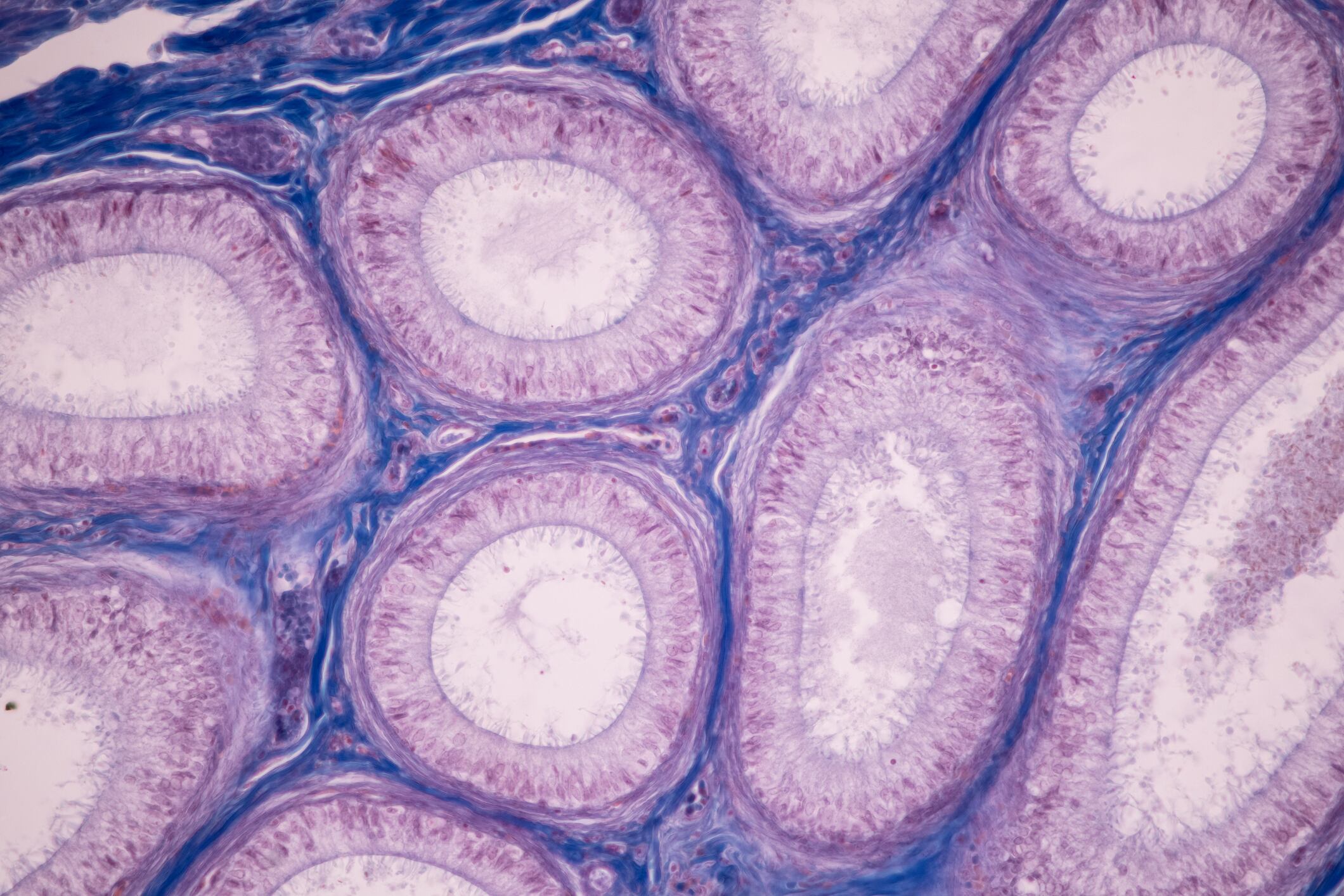Published in the journal Antioxidants, the research evaluated the effects of a DHA-enriched functional beverage containing soy protein, tuna oil, sunflower seed oil, ground black sesame and a vitamin B complex on the emerging link between cellular senescence and menopause-related cognitive decline.
“Our results suggest the potential of a functional beverage containing DHA-enriched tuna oil with respect to improving the cognition of perimenopausal and postmenopausal women,” they reported. “The mechanism responsible may depend on the dose of the functional beverage.”
Thai Union Group Public Company Limited supplied the test product used in the study, which was funded by the Thai Program Management Unit for Competitiveness.
Omega-3s and cellular aging
Cellular senescence, the cellular response to stress resulting in permanent cell cycle arrest, can be triggered by both external factors like oxidative stress and internal factors such as mitochondrial dysfunction and telomere shortening.
As people age, senescent cells accumulate, leading to declines in physiological functions. Senescent cells in the brain or supporting tissues may contribute to neuroinflammation and neurodegenerative diseases. Senescence can also affect hormone levels, gamete quality and tissue function in reproductive organs, and almost 50% of women over 40 experience reproductive aging.
Telomere shortening, mitochondrial dysfunction and reduced sirtuin-1 (SIRT1) activity contribute to systemic aging, including reproductive aging. These factors can impair the quantity and quality of oocytes, the immature egg cells found in female ovaries, leading to menopause, which through estrogen decline, impacts brain health and cognition.
Research has shown that omega-3 polyunsaturated fatty acids (PUFAs) can protect neurons, improve cognitive ability and prevent neurodegeneration, and previous clinical trials have found that long-chain omega-3 fatty acids (LC-n3-FA) may improve memory recall in adults over 50 and that six months of daily DHA may enhance working memory in adults ages 18 to 45.
In their own work, the Khon Kaen University research group previously reported that omega-3-rich tuna oil reduced oxidative stress and inflammation, strengthened cholinergic functions and improved memory in a menopausal animal model.
Study details
This latest randomized, double-blind, placebo-controlled parallel study randomly assigned 60 female perimenopausal and postmenopausal participants (ages 45 to 60) to receive either a placebo, a low dose (2,600 mg/day) or a high dose (6,000 mg/day) of the supplement for eight weeks.
They assessed brain waves, working memory and blood serum levels, along with the density of Lactobacillus and Bifidobacterium spp. in feces before consumption and at four-week intervals. They also measured telomere length and levels of total phenolic compounds and DHA at the start and end of the study period.
Findings indicated that consuming the tuna-oil-containing functional beverage for eight weeks at both doses increases N100 amplitude, the brainwaves associated with early sensory processing, improving simple reaction times and spatial memory. However, only the higher dose improved word recognition performance and P300 amplitude, which is associated with attention and working memory.
Subjects consuming the higher dose also showed reductions in enzymes involved in neurotransmitter degradation, AChE and MAO, as well as MDA, an indicator of oxidative stress. Pro-inflammatory cytokines TNF-α and IL-6, markers of inflammation, were reduced, and GPx activity, the antioxidant enzyme, was increased. Participants in the higher dose group also showed elevated serum DHA levels.
Interestingly, only the low-dose group displayed improved telomere length and increased SIRT1 levels, a protein associated with aging, metabolism and cellular repair. As possible explanation, the researchers noted that “the DHA/EPA ratio is suitable for this dose, as observed with respect to the changes observed in telomere assessments.”
No significant changes in Lactobacillus and Bifidobacterium spp. levels were observed in either group following supplementation.
The researchers concluded that a high dose of the functional beverage improved cognitive function, attention and working memory, likely stemming from reduced oxidative stress and inflammation and enhanced neurotransmission in attention and cognition circuits, which was also perhaps improved by DHA concentrations. The low-dose beverage also boosted attention and working memory.
The study suggested that future research address current limitations by expanding the sample size and incorporating a broader range of oxidative stress markers.
Because relying solely on MDA parameter may not provide a comprehensive representation of oxidative stress, it also called for future studies to include additional biomarkers such as F2-isoprostanes, protein-bound 4-hydroxynonenal, and 8-hydroxy-2′-deoxyguanosine, which can reflect oxidative damage across lipids, proteins and DNA.
‘Ageless’ Consumption
For a deeper understanding of ageless consumption and its impact on product development, join us in Vienna from 23–25 June at the NutraIngredients Active Nutrition Summit 2025 to explore how brands are supporting active lifestyles across every generation.
Source: Antioxidants 2025, 14(5), 520. doi: 10.3390/antiox14050520. “A Randomized, Double-Blind, Placebo-Controlled, Parallel-Group, 8-Week Pilot Study of Tuna-Byproduct-Derived Novel Supplements for Managing Cellular Senescence and Cognitive Decline in Perimenopausal and Postmenopausal Women”. Authors: Wattanathorn, J et al.


